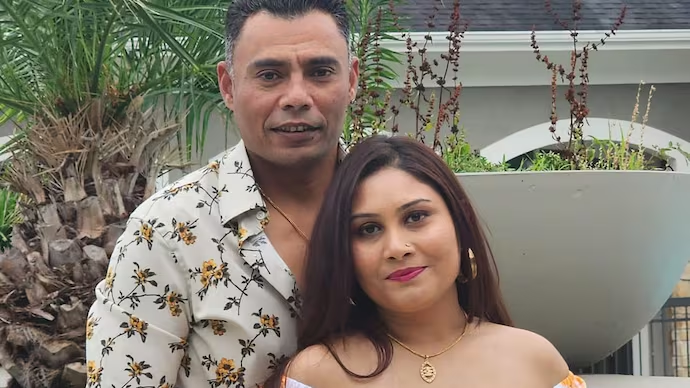Supreme Court Rules Second Husband Liable for Maintenance Despite Previous Marriage
The Supreme Court has ruled that a woman can claim maintenance under Section 125 of the Criminal Procedure Code (CrPC) from her second husband, even if her previous marriage is legally valid.
A bench comprising Justice BV Nagarathna and Justice Satish Chandra Sharma emphasized that the purpose of social welfare provisions like maintenance must be interpreted expansively to uphold their humanitarian intent. A rigid legal interpretation, the court stated, should not undermine their objective.
It is noteworthy that Section 125 of the CrPC has been replaced by Section 144 of the Bharatiya Nagarik Suraksha Sanhita, effective July 1, 2024.
The bench, directing the second husband to pay maintenance to his estranged wife, highlighted the importance of the provision’s social justice goal. The court remarked, “When the social justice objective of maintenance under Section 125 CrPC is viewed in light of the facts and circumstances of this case, denying maintenance would be unjust.”
The bench further noted, “Social welfare provisions must be given an expansive and beneficial construction. A narrow interpretation would defeat their purpose, allowing vagrancy and destitution while enabling the respondent to evade obligations after knowingly entering into a marital relationship and benefiting from its privileges.”
The judgment stemmed from a plea by a woman whose first marriage, though unresolved legally, had ended in 2005 through a memorandum of understanding. Shortly after, she married her neighbor on November 27, 2005.
Following marital discord, the second husband sought annulment of the marriage, which a family court granted in February 2006. The couple, however, reconciled and remarried, formally registering their union in Hyderabad.
The couple had a daughter in January 2008, but disputes resurfaced, leading the woman to file a complaint under the Dowry Prohibition Act against her second husband and his family.
Subsequently, the woman sought maintenance for herself and her daughter under Section 125 of the CrPC. While a family court upheld her request, the Telangana High Court overturned the decision after the second husband challenged it, arguing that her first marriage was still legally va
Rejecting the second husband’s argument, the Supreme Court reinstated the family court’s decision to grant maintenance. The court ruled that denying maintenance would contradict the intent of Section 125, which aims to prevent destitution and uphold social justice.
The verdict underscores the court’s commitment to a compassionate interpretation of welfare provisions, ensuring that humanitarian objectives take precedence over technical legalities.




